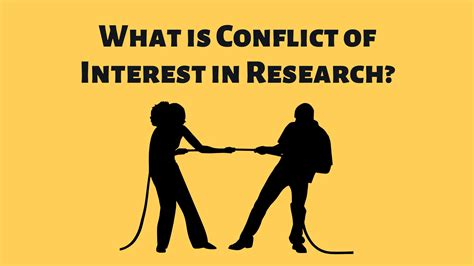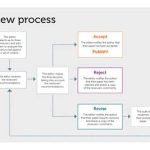How Conflicts of Interest Affect Research
What Is a Conflict of Interest in Research?
Conflicts of interest (COIs) in research are situations where personal, financial, or other external influences may compromise—or appear to compromise—the integrity of a researcher’s work. These influences can shape study designs, methodologies, results, and conclusions, often to support particular interests that may not align with unbiased scientific inquiry. Recognizing COIs is essential to ensuring transparency and trustworthiness in research.
COIs can emerge in various forms, including financial ties, personal relationships, and ideological commitments. The risk is that these biases might influence how research is conducted and interpreted. The effects of COIs have wide-reaching implications across academic, medical, and industrial research settings.
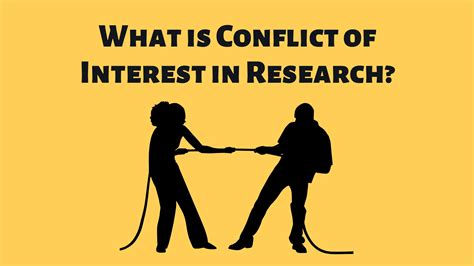
Types of Conflicts of Interest in Research
Conflicts of interest can generally be categorized into several types based on their origin and potential impact:
- Financial COIs: These occur when researchers stand to gain financially based on study outcomes, such as stock ownership, patents, or funding from corporations.
- Personal Relationships: Family, friends, or other close connections with individuals or entities with vested interests can affect the objectivity of a researcher.
- Academic Competition: Researchers may want to advance their own reputation or career, influencing study results to garner more attention or funding.
- Intellectual Biases: Ideological or philosophical beliefs may steer the research direction or interpretation of findings.
Addressing and mitigating these types of COIs are critical steps to preserving objectivity in research and maintaining public trust in scientific endeavors.
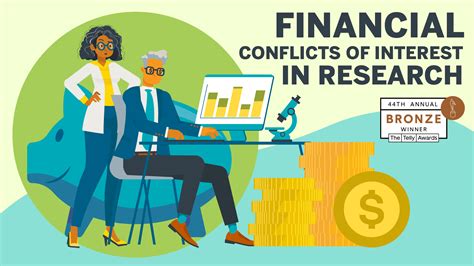
Why Are Conflicts of Interest in Research Problematic?
Conflicts of interest compromise the neutrality and reliability of research. When COIs go unreported or unchecked, they can lead to biased methodologies, selective data interpretation, and misleading conclusions. This compromises the ethical standards of research and can have real-world consequences, particularly in fields like medicine and public health.
Studies have shown that industry-funded research often yields favorable results for the funding party. For example:
| Type of Study | Effect of Funding |
|---|---|
| Pharmaceutical Trials | Industry-funded trials often report favorable outcomes for the sponsor’s drug. |
| Environmental Studies | Research funded by polluting industries is less likely to report environmental risks. |
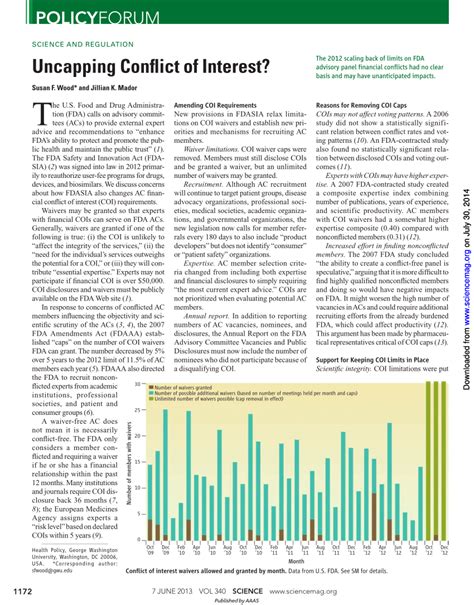
Summary Table
| Topic | Key Points |
|---|---|
| Definition of COIs | COIs involve situations where personal or financial interests could compromise research integrity. |
| Types of COIs | Financial, personal, academic, and ideological. |
Frequently Asked Questions (FAQ)
What are examples of conflicts of interest in research?
Examples include financial interests like stock ownership, intellectual biases, and personal relationships that may affect research outcomes.
How can conflicts of interest be managed in research?
COIs can be managed through transparency, disclosure, peer review, and independent oversight.
What are the consequences of ignoring COIs in research?
Ignoring COIs can lead to biased research findings, loss of credibility, and potentially harmful recommendations.
Why is transparency important in managing COIs?
Transparency helps maintain public trust, ensures research objectivity, and enables peers to identify potential biases.
How do funding sources create COIs?
Funding sources can create COIs if researchers feel pressured to report results favorable to their sponsors.
Are COIs a legal or ethical issue?
COIs are primarily an ethical issue, but can have legal implications if they lead to falsified data or harm public welfare.
How does peer review help manage COIs?
Peer review helps provide independent scrutiny of research findings, reducing the influence of COIs.

